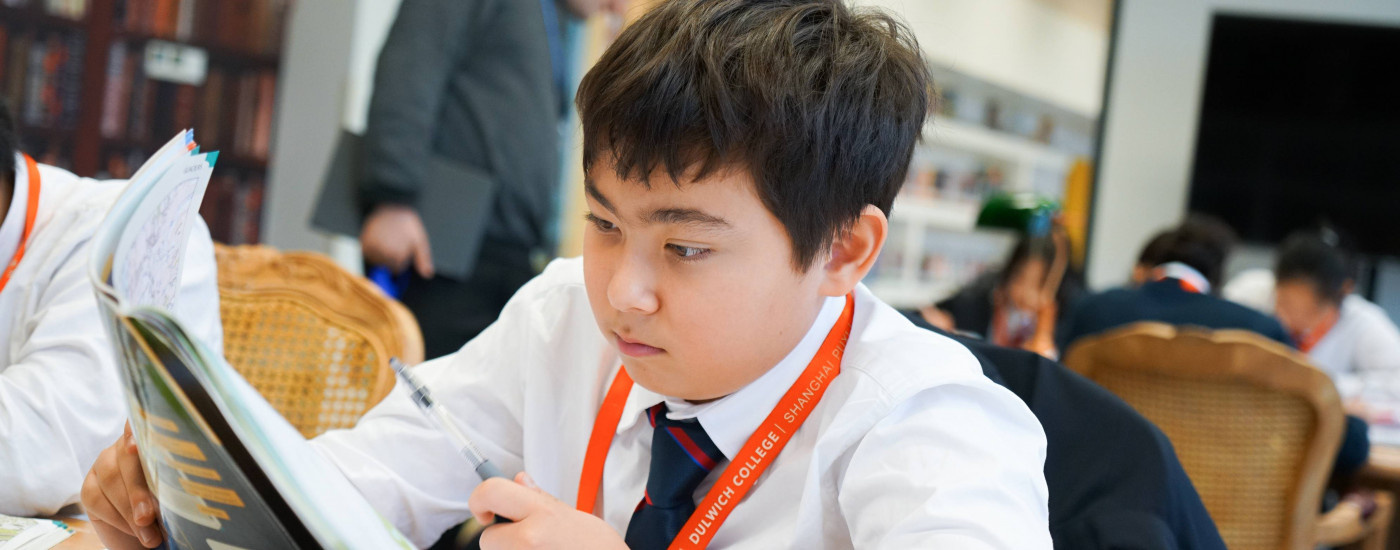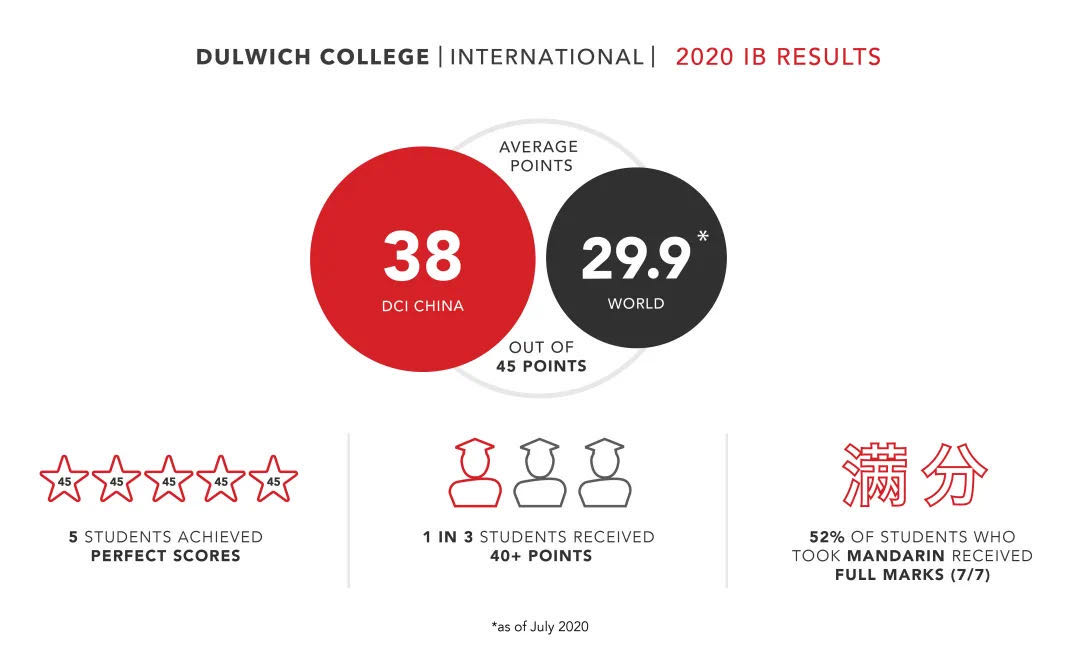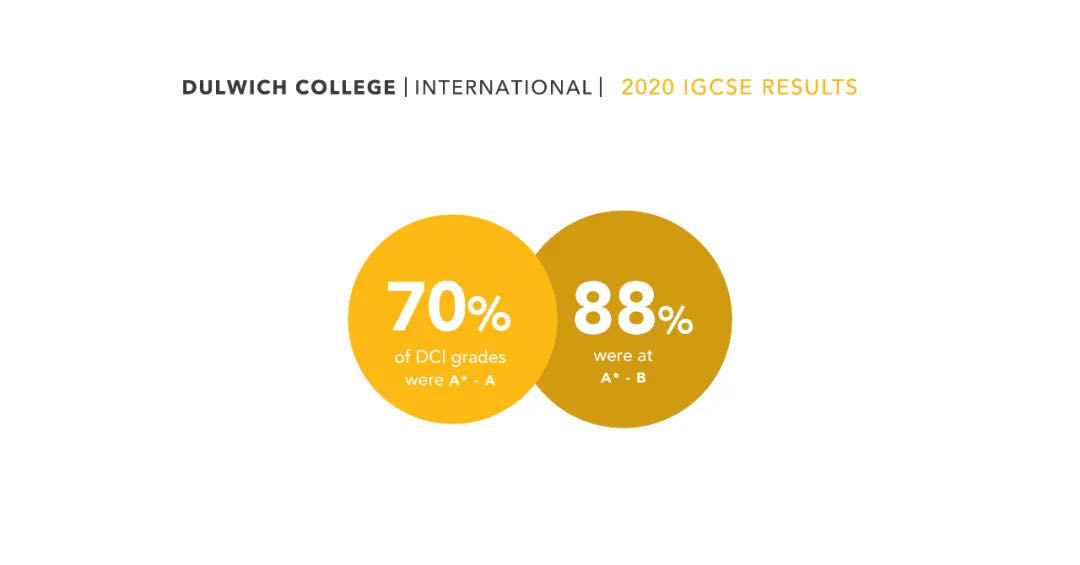Our Senior School Journey: Getting Better at Getting Better

This academic year is a very special one for Dulwich College Shanghai Puxi. Not only is this our 5th anniversary year, but it is the first year our Senior School students will be sitting their IGCSE examinations. The IGCSE (International General Certificate of Secondary Education) is an externally assessed and accredited exam-based qualification, held to the same high standards of GCSEs sat by students in the United Kingdom, while being tailored for an international context. The IGCSE - the most popular qualification globally - is highly regarded for its rigour and ability to prepare students for high school qualifications such as IBDP or A Level. The IGCSE produces extremely competitive candidates for universities world-wide.
At Dulwich College Shanghai Puxi we foster a growth mindset in our students and encourage them to focus on behaviours and activities that will enable them to be successful in their IGCSEs and beyond. Below, Ms Hearn, Leader of Learning in our High School, describes some of the philosophies and steps we employ to help our students become globally competitive citizens.
The Aggregation of Marginal Gains
If you are not familiar with British professional cycling, they were once known for their less than mediocre performance in both the Olympics and Tour de France: so much so that professional bike manufacturers refused to supply the British team with equipment because of the negative impact on sales.
In 2002, the British professional cycling organisation appointed a new director, Sir David Brailsford. Brailsford was a committed coach who adopted the marginal gains philosophy as his strategy. This meant searching for a margin of improvement of 1% in everything they did. Marginal gains theory derived from the lean production method Kaizen, which is a Japanese term for “continuous improvement”. The concept revolves around making small but consistent improvements, every day. Kaizen is now synonymous with car production, particular with Toyota and Nissan, but the theory can be applied in all industries and even in our daily lives.
So, what were these small margins of improvement for the British Cycling team? Here are some margins of improvement they implemented:
-
Learning how to wash hands properly to avoid illnesses during competitions
-
Painting the floor of the wind tunnel white to spot dust, as this had a negative impact on bike maintenance
-
Ensuring mattresses and pillows were taken to competitions so that riders had the same posture every night
-
Selecting the most appropriate diet for cyclists to maximise performance
As a result of small and continuous improvements the British Cycling team made consistent improvements and won 7 out of 10 gold medals in the 2008 Olympics: going on to win more gold medals in the 2012 Olympics. Furthermore, British cyclists have since won the Tour de France six times.
This improved performance is an excellent example of the power of small gains. If we can improve by 1% every day, after one year we will be 37 times better that we were at the start of the year!
Getting Better
Here are some small improvements we encourage our Senior School students to focus on, which will encourage the development of good study habits and therefore academic success:
Start Small
To make an improvement, start small. This could be as simple as “write my homework clearly in my planner”. This will take less than two minutes to do. What is the gain? When the student attempts to complete the homework task they will immediately be clear in what they have to do, and time will not be wasted completing work that is not relevant or contacting others to clarify the homework. In addition, it prompts the student to seek clarification from the teacher immediately if they are unsure of the task.
Set Achievable Tasks
If a student’s aim is to develop their reading skills, they should set time aside for reading each evening. To ensure this becomes a habit, reading should happen at the same time each evening and distractions such as electronic devices should be turned off.
Create a Conducive Environment
Having the best environment to carry out an achievable task is vital to the success of developing a good habit. For reading for example, the area to read should be comfortable, well-lit, and quiet. Or if completing homework, ensuring the desk is clear and the chair is at the correct height to support posture.
Make It Interesting
Choosing an activity such as studying mathematics for three hours can be perceived as unattractive due to the length of time dedicated to it (apologies Mr Haworth). As a result, the effective use of that study time will be diminished. Activities set should be kept short where possible and varied to maintain the level of interest. For reading, students should select books of interest and at the appropriate reading level.
Reward Yourself
Students should reward themselves immediately after they have completed their achievable task. Perhaps this could be to listen to music, read the news or chat to friends. A tracker of tasks or activities completed each week is a great way for students to reflect on their achievements. It can also be used to ensure activities are never missed more than once.
Our motto at Dulwich College Shanghai Puxi is “getting better never stops” so let us Get Better at Getting Better by making small improvements in our daily lives.
Did you Know?
Academic excellence continues to be the cornerstone of our Dulwich Colleges and High Schools. This year, we are very proud to celebrate another year of stellar academic achievements of our graduating class – their hard work, resilience and maturity as our students shine brighter than ever in such an unusual year.


Reference
Clear, J., 2018. Atomic Habits. New York: Avery, Penguin Random House.
Harrell, E., 2015. How 1% Performance Improvements Led to Olympic Gold. Harvard Business Review.





